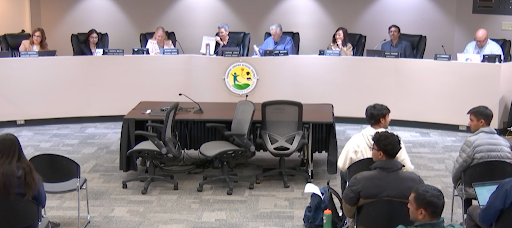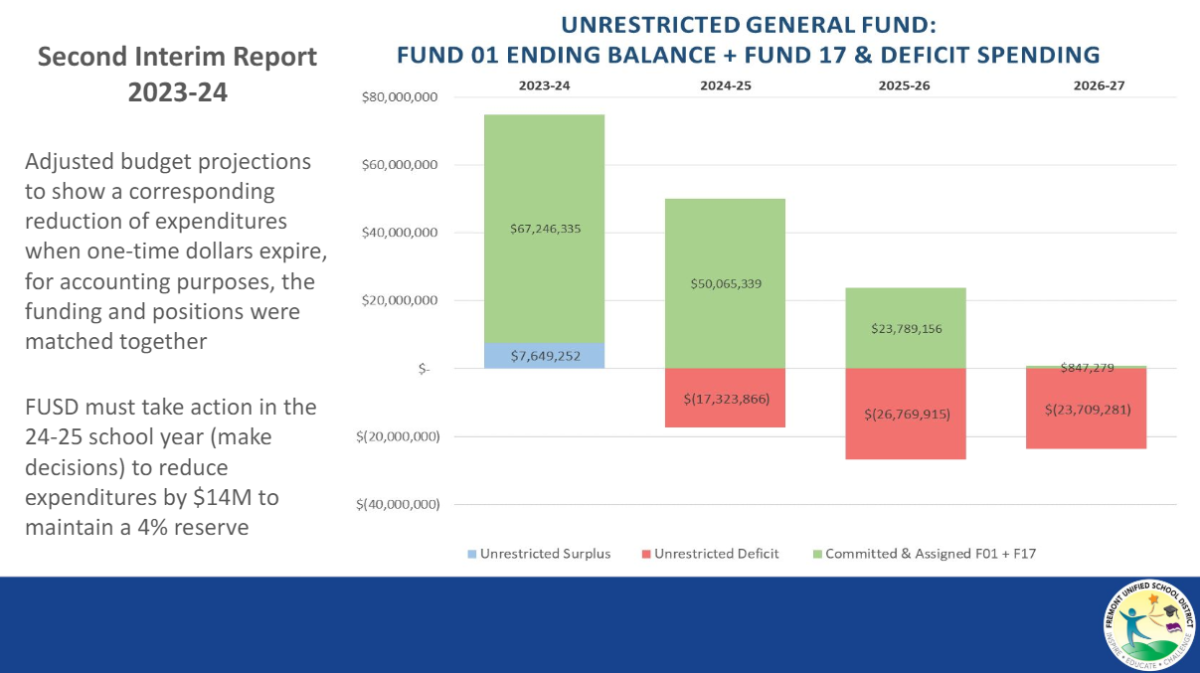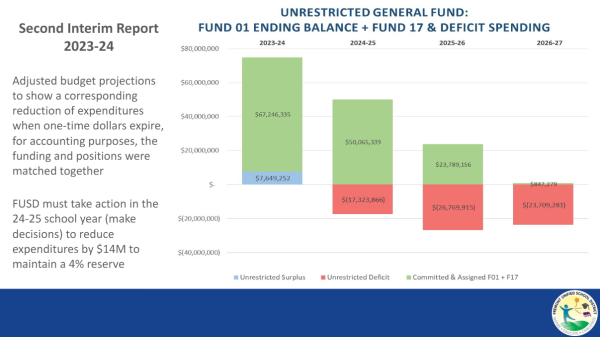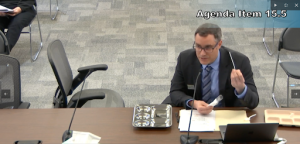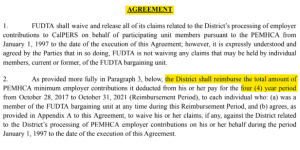Fremont Residents Struggle to Pay Rent
A Fremont neighborhood where rent prices exceed $3,000 per month.
January 7, 2019
During Midterm Elections on Nov. 6, Proposition 10, a rent control act, was not passed in California due to the 50-60% of the Fremont residents voting against it.
If Proposition 10 was passed, then it would have repealed the existing Costa Hawkins Act. Costa Hawkins was passed in 1995 and it protects a landlord’s freedom of imposing any rent prices they want on their property and prevents cities from establishing rent control laws. Proposition 10 would have given local cities and counties the jurisdiction to establish rent control laws that would be appropriate for the area and prevent landlords from drastically changing the rent price. However, Proposition 10 failed in the 2018 midterm elections by a very significant amount. This may lead to problems for Fremont residents as rent prices are above what people can afford.
“In Fremont over the past couple years, rent has gone up on average more than 5%,” said Fremont City Council member Nancy Sa.
“People who voted “no” on Proposition 10 were classically the landlords and property managers who want more control over their units,” said Sa. People who voted “yes” on Proposition 10 mainly wanted to get rid of Costa Hawkins, so they could start designing rent control measures that made sense for their cities.
A poll of 70 Irvington students found that 33.8% of respondents are currently renting an apartment/house. However, only 25.4% of students’ family members voted for Proposition 10, despite the larger number of people who rent.
Rent is a major problem in Fremont. “It’s the biggest things right now. People are saying we are on housing crisis and rents are really high in California and there’s definitely a lot of data to show that.” said Sa. The average rent for a one-bedroom apartment is $2,000, and it has been rapidly increasing.
Additionally, teachers in Irvington are greatly affected by the soaring rent prices, in part because of their low salaries.
“I think that’s why teachers have pushed to raise our salaries,” said Mrs. Faitel. “They’re not asking that for any reason other than rent is getting hard to pay. The rent is increasing far beyond what the increase in salary is, so they’re not keeping pace with each other.”
Ms. McAuley, the school librarian, has been renting for 15 years, and has been having difficulty with the local prices.
“My current rent started at $2,360 for a one-bedroom, not including extra utilities,” said Ms. McAuley. “I have to keep moving whenever they raise the rent. And I’ve lived in lots different situations too, like many of our teachers do. At my very first place in Fremont, I lived with three guys who I met on Craigslist, who I didn’t even know at all, and my parents thought it was so dangerous.”
Ms. McAuley also discussed how school districts in cities like Santa Clara have measures that help teachers with housing, whereas Fremont doesn’t have any measures that help teachers pay off their rent in addition to parking bills, tax etc.
“I was lobbying really hard with a bunch of other union members, and a bunch of us were going to the board meeting and advocating that the city adopt measures to help teachers pay for housing” said Mrs. McAuley.
There have even been instances where teachers had to move out of Fremont.
“Mrs. Steward [former Irvington science teacher] moved. She’s working in Oakland now, because it’s too hard for her with her little kids to pay rent here.” Ms. McAuley also added, “We are losing good people just because it is expensive to live here.”
Rent increase in Fremont not only affects people financially but also affects people’s lives, careers, and education as 38% of Fremont’s residents are tenants.
“If Proposition 10 had passed, and Fremont decided to have rent control, then rent could be controlled in some way. They could decide, ‘we want rent increases to only be 3% a year,’” said Sa.
“I definitely support rent control, but the way it was written, it didn’t give enough guarantee of profit for landlords,” said Mrs. Faitel, “I know that if you put rent control, then it discourages people from becoming landlords.”
A student furthered on the point, “Because landlords earnings will be capped, they will start selling their apartments, which would lead to a decrease in apartments on the market. A decrease in supply will up prices to equal demand.” So the price of renting apartments would still rise. However, the majority of students responded that rent control could prevent people from leaving their homes.
Ms. McAuley said, “I’ve lived in other towns that have rent control, and that’s been helpful. I think rent control is the perfect way to keep rents down.”








